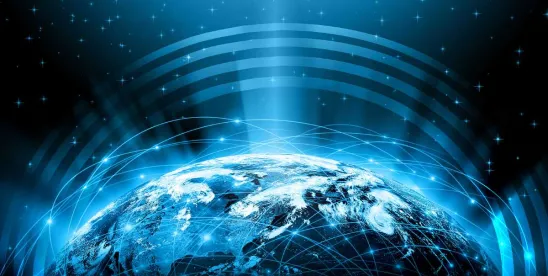The House Committee on Science, Space, and Technology will hold a hearing on February 5, 2025, on “The State of U.S. Science and Technology: Ensuring U.S. Global Leadership.” According to the Hearing Charter, the purpose of the hearing is “to assess the current condition of the United States’s science and technology enterprise and its vital role in the global innovation race.” By examining public and private investments in the United States, the Committee will also have the opportunity to discuss key objectives and strategies for maintaining U.S. leadership in driving future advancements. The Charter includes biotechnology on its list of critical technologies, stating that it has “wide-reaching applications for both commercial and military sectors, offering the potential to transform various critical industries.” Biotechnology breakthroughs include the development of improved medicines and therapeutics, agricultural productivity, biofuels and bioenergetic solutions, and substantial progress in material science and manufacturing techniques. The Committee is scheduled to hear from the following witnesses:
- Heather Wilson, President, The University of Texas at El Paso, and Former Secretary of the U.S. Air Force;
- Walter Copan, Vice President for Research and Technology Transfer, Colorado School of Mines, and Former Director of the National Institute of Standards and Technology;
- Dr. Sudip Parikh, Chief Executive Officer and Executive Publisher, American Association for the Advancement of Science; and
- Samuel Hammond, Chief Economist, Foundation for American Innovation.
The Hearing Charter lists the following overarching questions:
- What is the current state of U.S. leadership in science and technology, and what is the outlook for continued leadership, particularly in areas that will help drive economic competitiveness and national security in the coming decade?
- Why is it important for the United States to maintain leading capabilities in both fundamental research and technology development, and what are the consequences of loss of leadership, especially to China?
- What makes the U.S. science and technology ecosystem of government, academia, and industry unique in the world, and how can we continue to use that system to our competitive advantage?
- How has the relationship between the federal government and private industry for supporting science and technology changed in the last decade? How should we look to improve this cooperation in the future?



 />i
/>i

